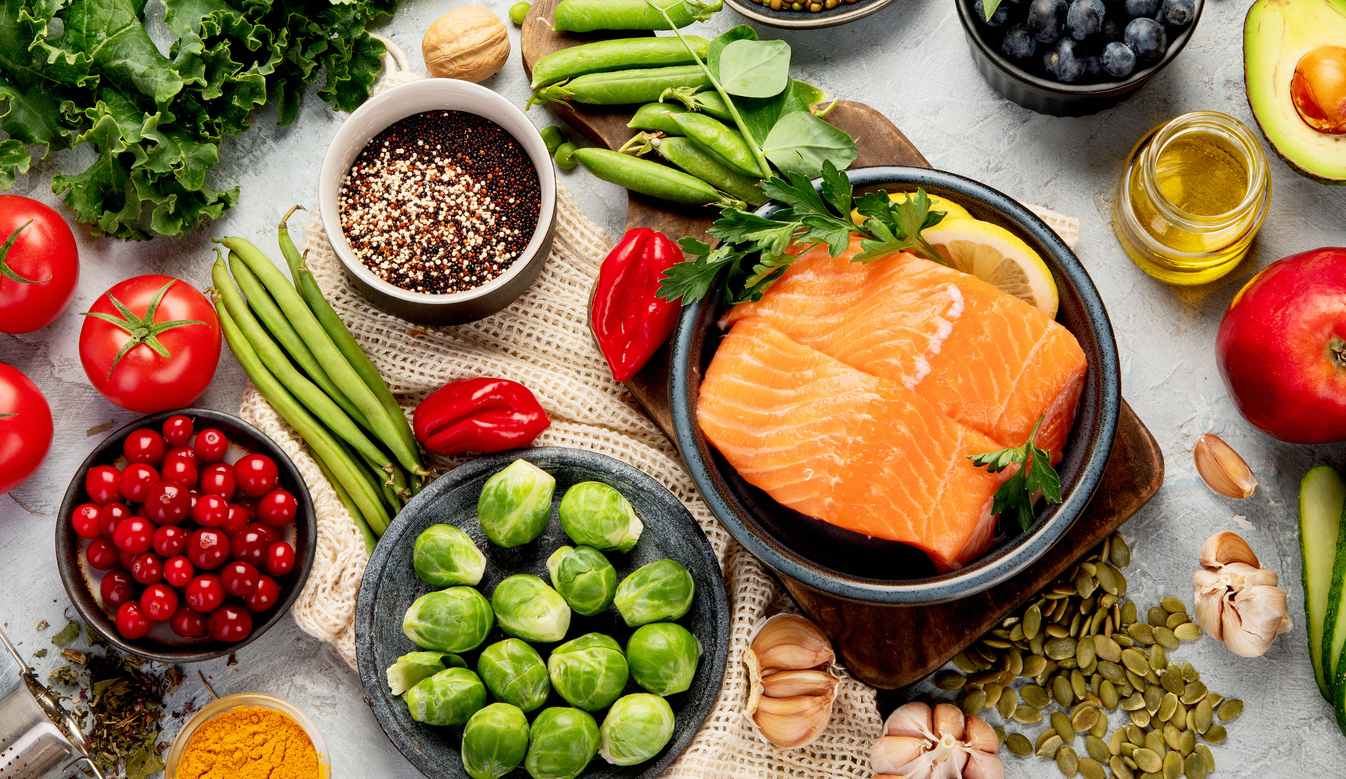The Nutrition Switch That’s Helping Women Over 40 Reclaim Their Energy

The Nutrition Switch That’s Helping Women Over 40 Reclaim Their Energy
For many women over 40, persistent fatigue becomes an increasingly common concern that’s often attributed to the natural ageing process. However, emerging research suggests that these energy challenges may be more closely related to nutritional factors, particularly protein intake, rather than age alone.
Why Your Body’s Energy Needs Change After 40
As women transition through perimenopause and menopause, significant metabolic changes occur that affect energy levels and nutritional needs. Researchers from the University of Sydney’s Charles Perkins Centre have identified that the body’s appetite for protein increases during perimenopause due to hormonally-induced tissue protein breakdown (Simpson et al., 2023). When these increased protein requirements aren’t met, women tend to overconsume other forms of energy. Without adequate protein concentration in the diet, the body’s drive to reach its target protein intake can lead to excess calorie consumption.
Strategic Nutritional Adjustments for Enhanced Energy
The key change involves prioritising protein intake, particularly during the first meal of the day. Research indicates that women in menopause require significantly more protein than previously recommended guidelines suggested (Horvath et al., 2024).
When protein needs aren’t met, the body continues seeking energy from other sources, often leading to overconsumption of carbohydrates and fats. Studies show that women who prioritise adequate protein intake throughout the day experience better physical performance and energy levels compared to those following lower-protein approaches (Farsijani et al., 2015).
Evidence-Based Implementation Strategies
The following approach provides a structured framework for implementing these nutritional adjustments:
Sustained Daily Protein Distribution
- Meal composition: Include a palm-sized portion of protein at each main meal
- Protein variety: Fish, poultry, legumes, lentils, tofu, or cottage cheese
- Macronutrient balance: Combine with vegetables and moderate portions of wholegrains
Strategic Snacking Approaches
Protein-rich snack options include:
- Apple slices with almond butter
- Greek yoghurt with berries
- Hummus with vegetable sticks
- Small portions of mixed nuts
Why Protein Makes Such a Difference
Many menopause symptoms can be improved simply by eating better, with protein playing a starring role. The changes needed are surprisingly small – slightly increasing your protein intake while moderating overall calories can make a real difference to both weight management and energy levels (Simpson et al., 2023).
These small dietary shifts may help prevent the weight gain and muscle loss that many women experience during menopause. The key is making gradual adjustments rather than dramatic changes.
Plant-Based Protein Considerations
Vegetarian and vegan approaches can effectively meet increased protein requirements during menopause. Research from the Nurses’ Health Study II found that women in the highest quintile of vegetable protein intake demonstrated a 16% lower risk of early menopause compared to those with the lowest intake (Carbone et al., 2018). Optimal plant-based protein sources include:
- Legumes (beans, lentils, chickpeas)
- Quinoa and protein-rich grains
- Nuts and seeds
- Soy products (tofu and tempeh)
- Protein-dense vegetables such as broccoli
Conclusion
Targeted nutritional adjustments, particularly increasing protein intake and optimising meal timing, can significantly impact energy levels for women over 40. These simple modifications address the metabolic changes of perimenopause and menopause without requiring major dietary overhauls. Strategic protein distribution throughout the day forms the foundation of effective energy management during midlife, with benefits typically appearing within 1-2 weeks of implementation.
Looking for more support with your menopause symptoms? Speak with the team at the Australian Menopause Centre to discover our holistic treatment pathways including nutrition.
References
Horvath, A., et al. (2024). “The Importance of Nutrition in Menopause and Perimenopause—A Review.” Nutrients, 16(1), 27.
Simpson, S.J., et al. (2023). “Weight gain during the menopause transition: Evidence for a mechanism dependent on protein leverage.” BJOG: An International Journal of Obstetrics & Gynaecology, 130(1), 4-10.
University of Sydney. (2022). “Prioritising protein during perimenopause may ward off weight gain.” Charles Perkins Centre.
Carbone, S., et al. (2018). “Dietary Protein Intake and Early Menopause in the Nurses’ Health Study II.” American Journal of Epidemiology, 187(2), 270-277.
Moran, L.J., et al. (2021). “Nutrition in Menopausal Women: A Narrative Review.” Nutrients, 13(7), 2149.
Farsijani, S., et al. (2015). “Adequate dietary protein is associated with better physical performance among post-menopausal women 60–90 years.” The Journal of Nutrition, 145(7), 1582-1588.
About The Author - AMC Team
Our team consists of doctors, nurses, program assistants, naturopaths and nutritionists that join their wealth of knowledge to offer our patients and website visitors interesting and insightful articles to assist you understand the symptoms you are experiencing and how to relieve them.



